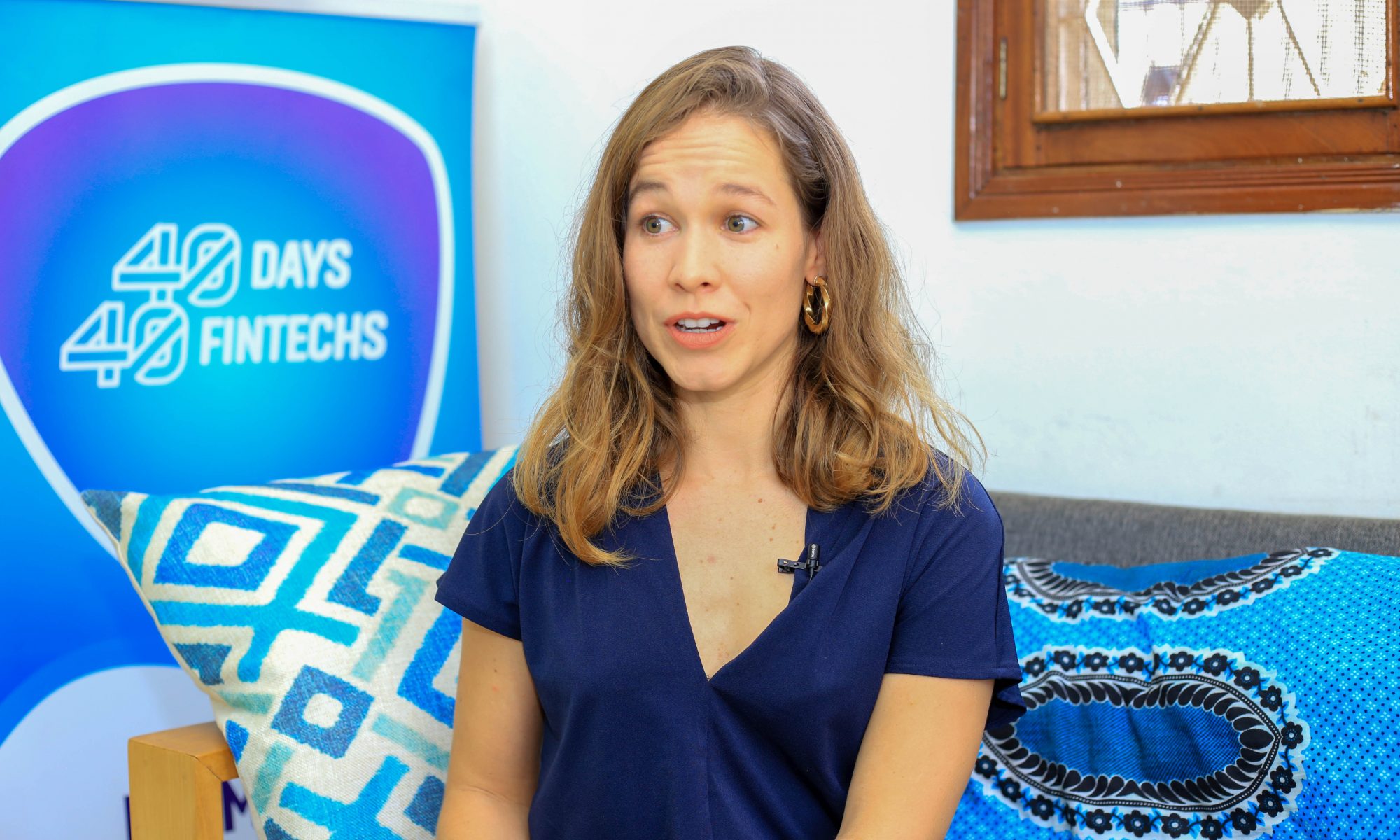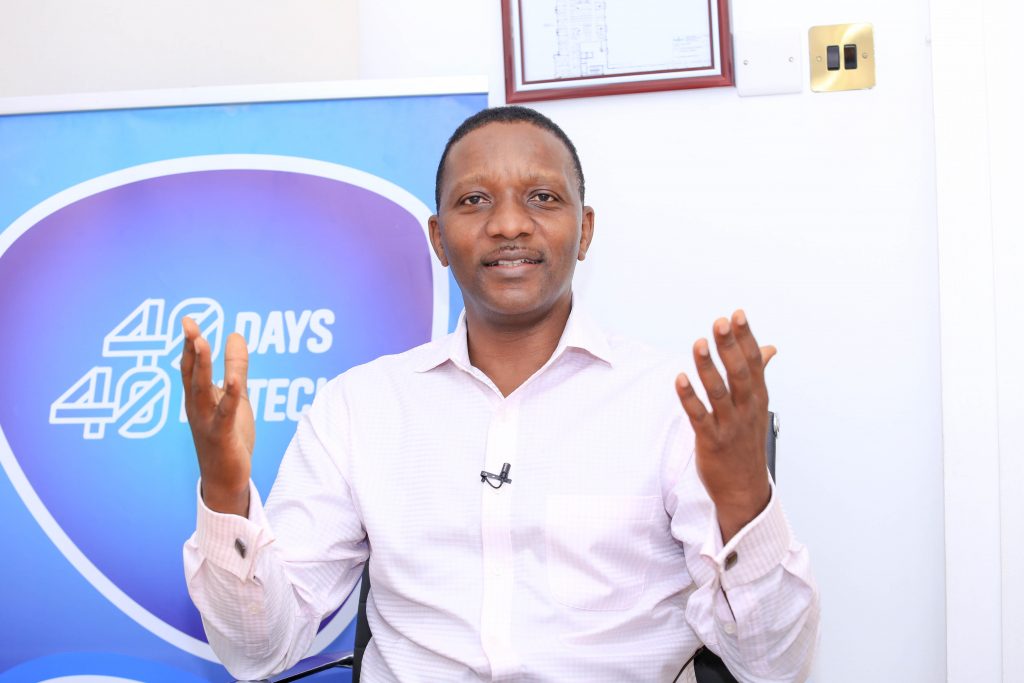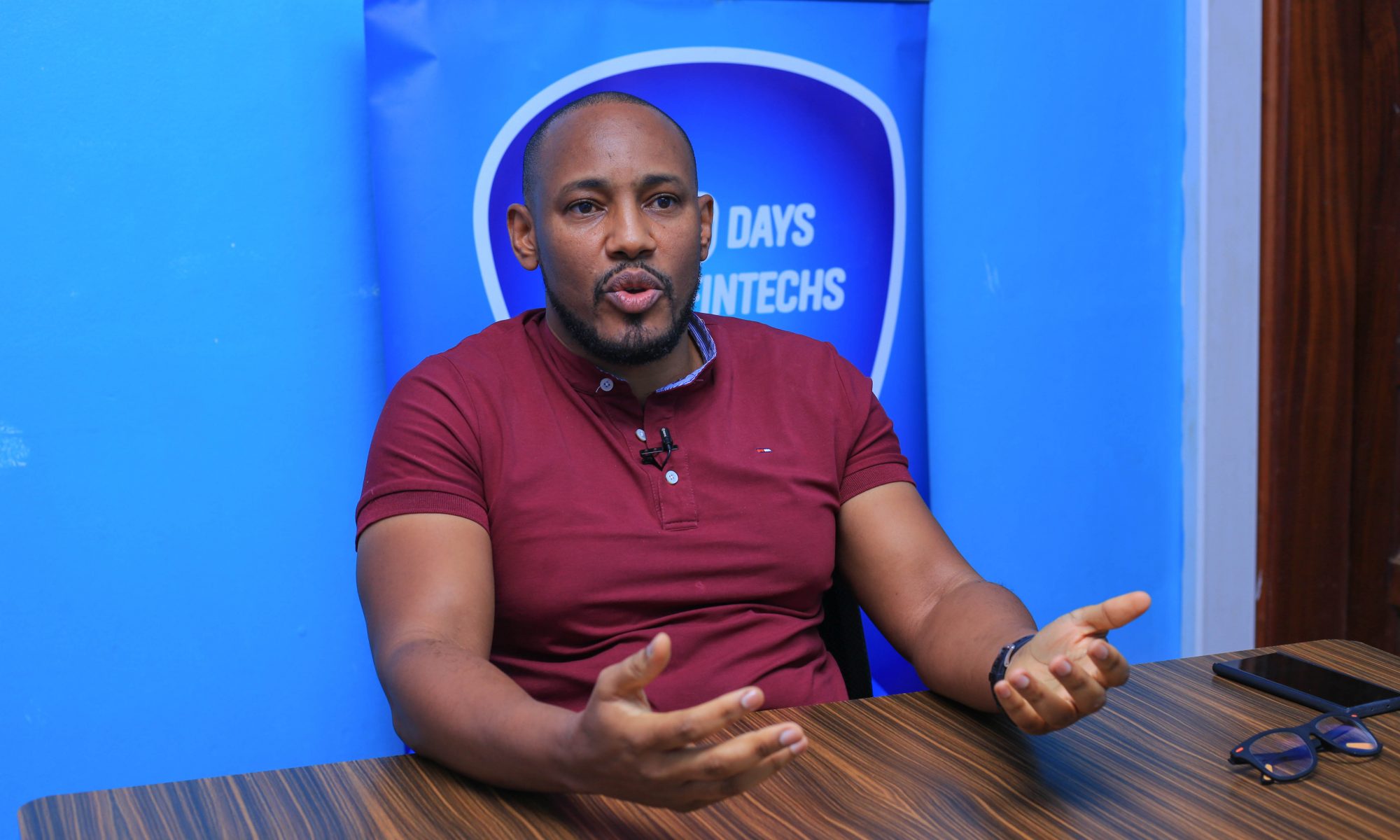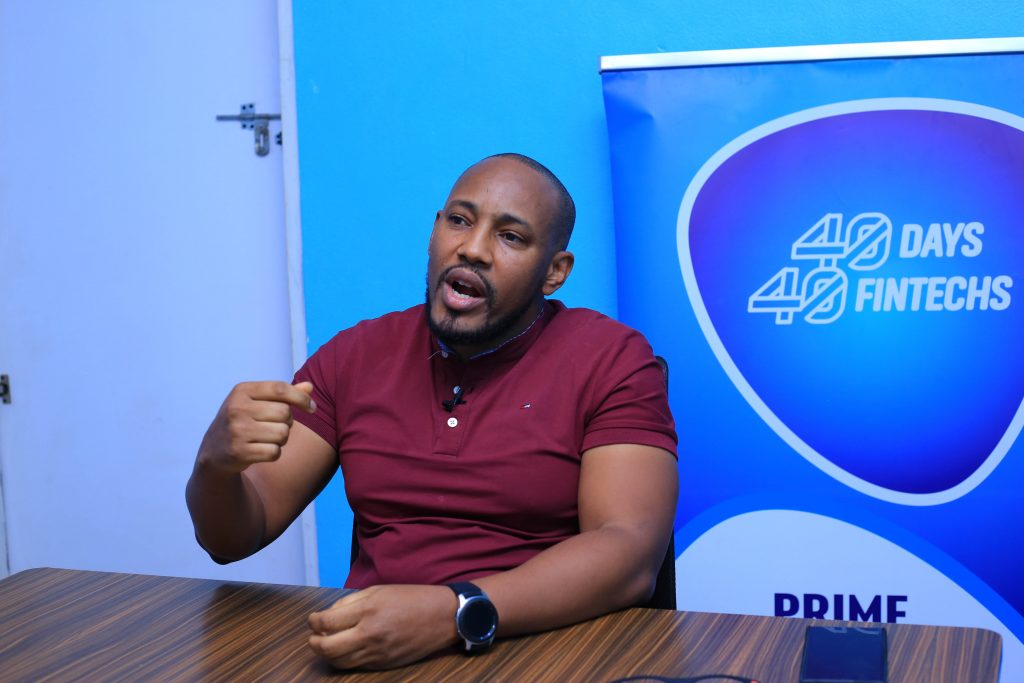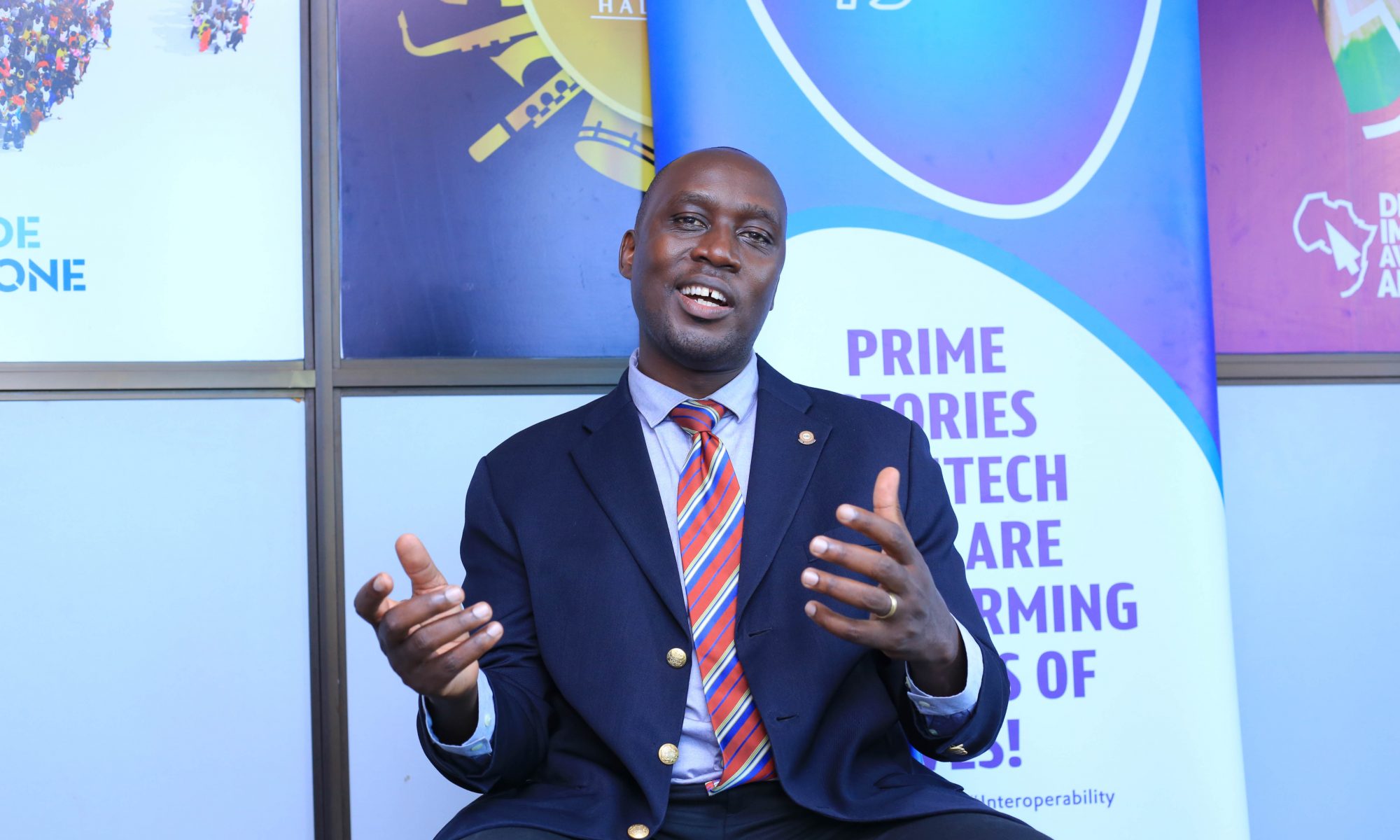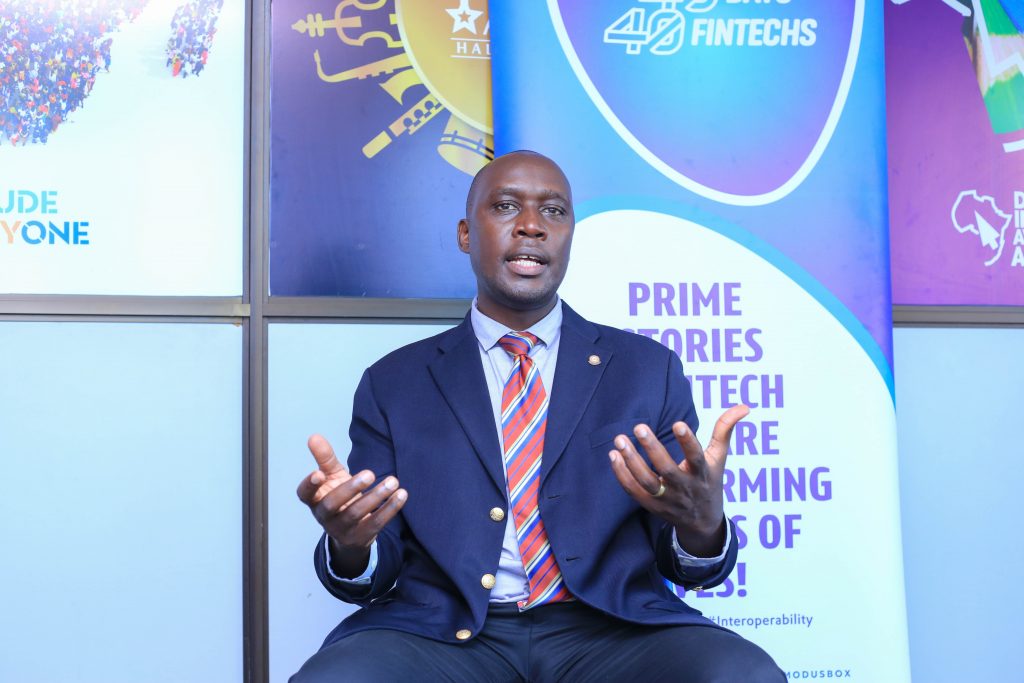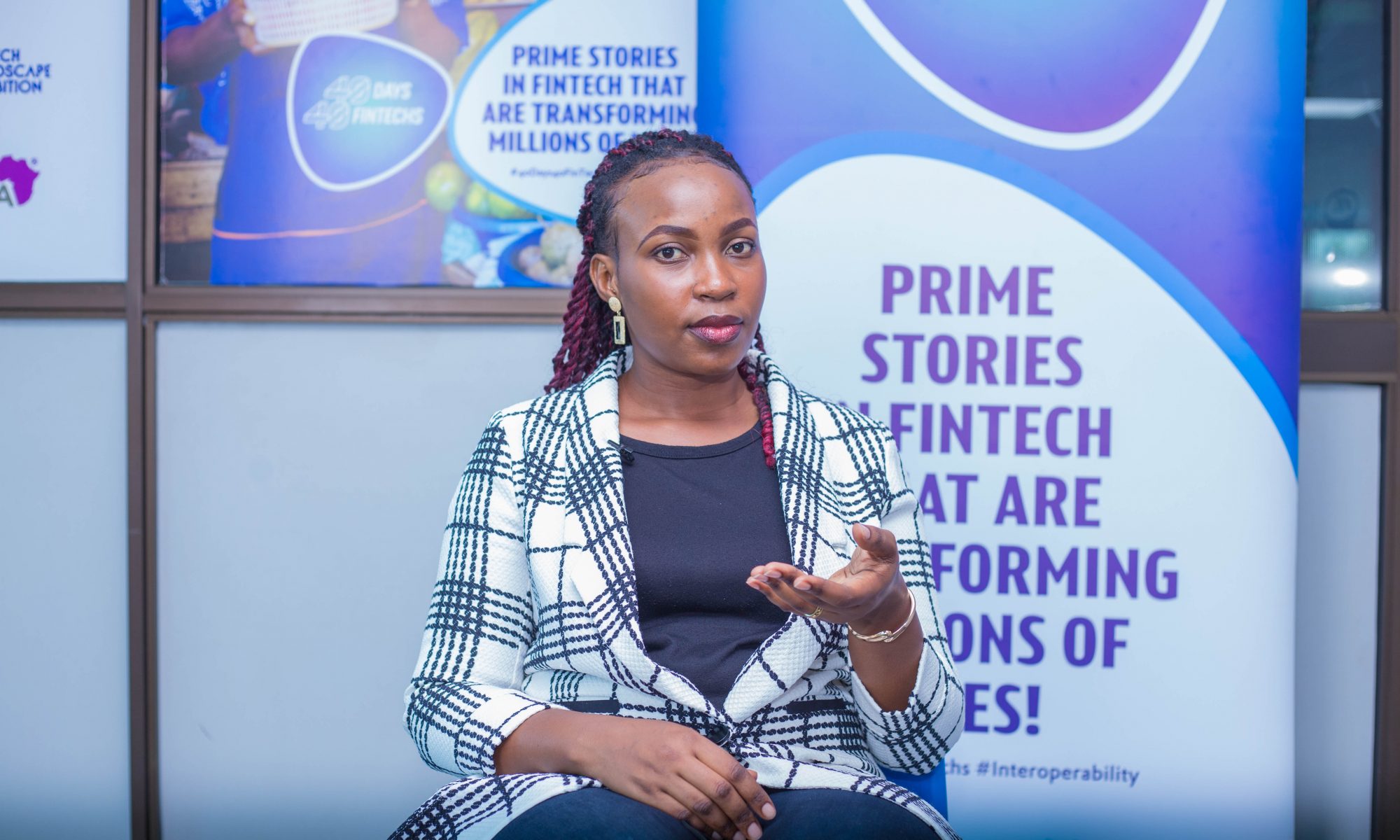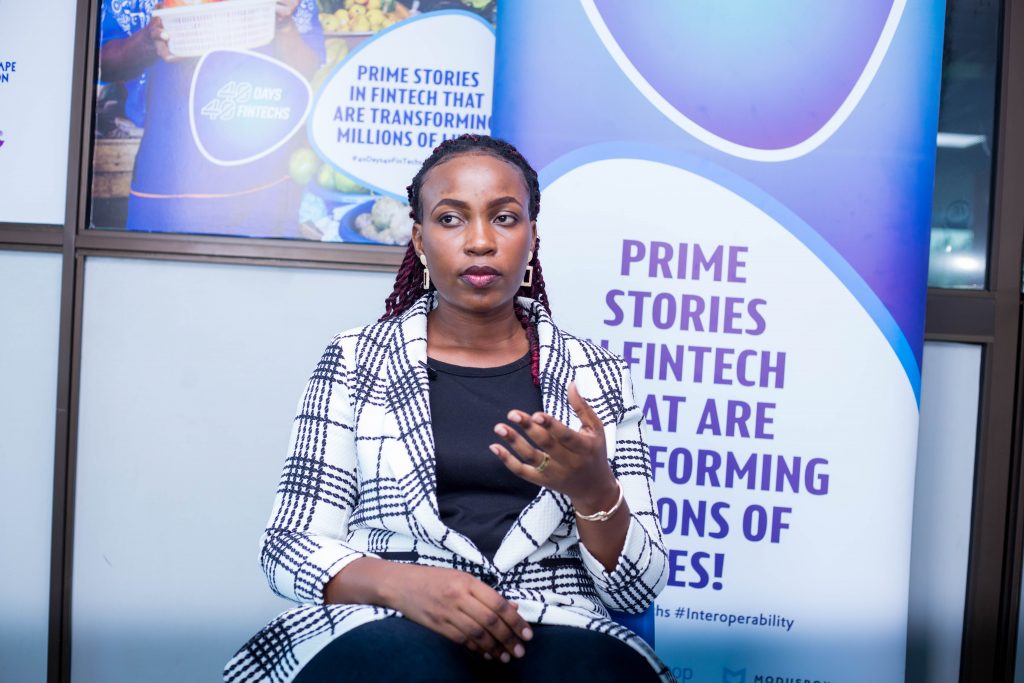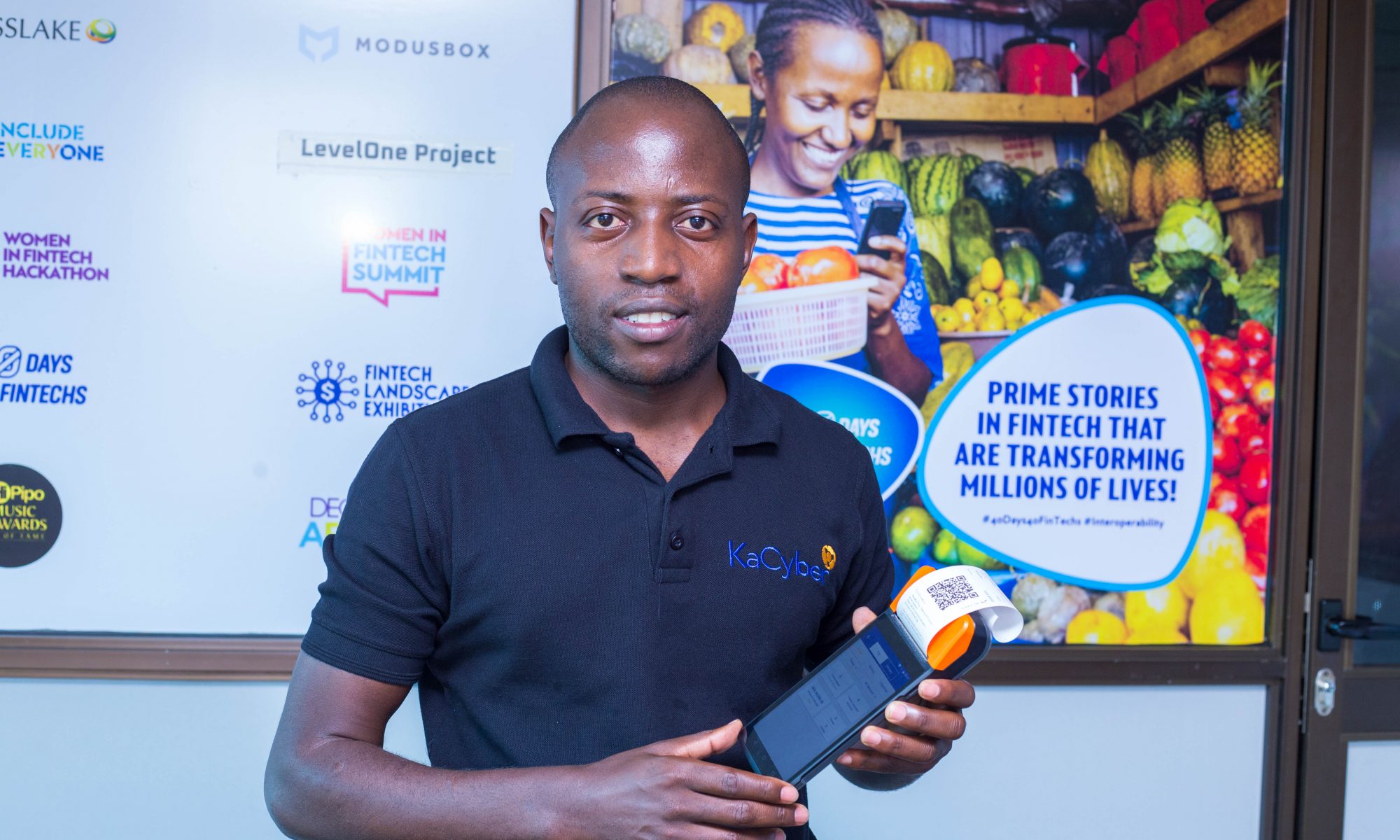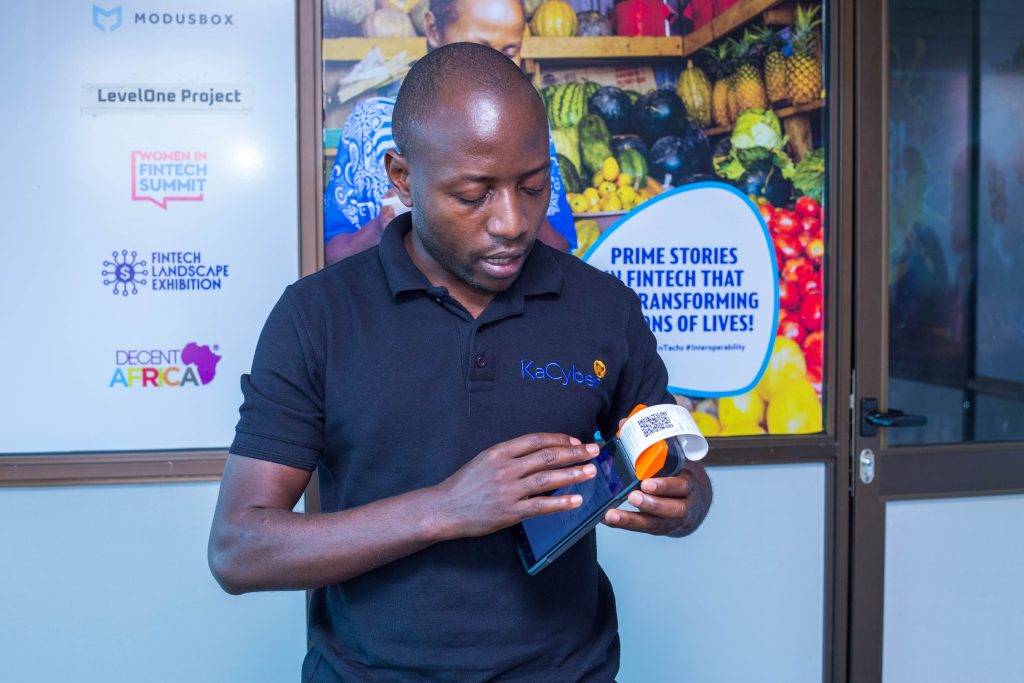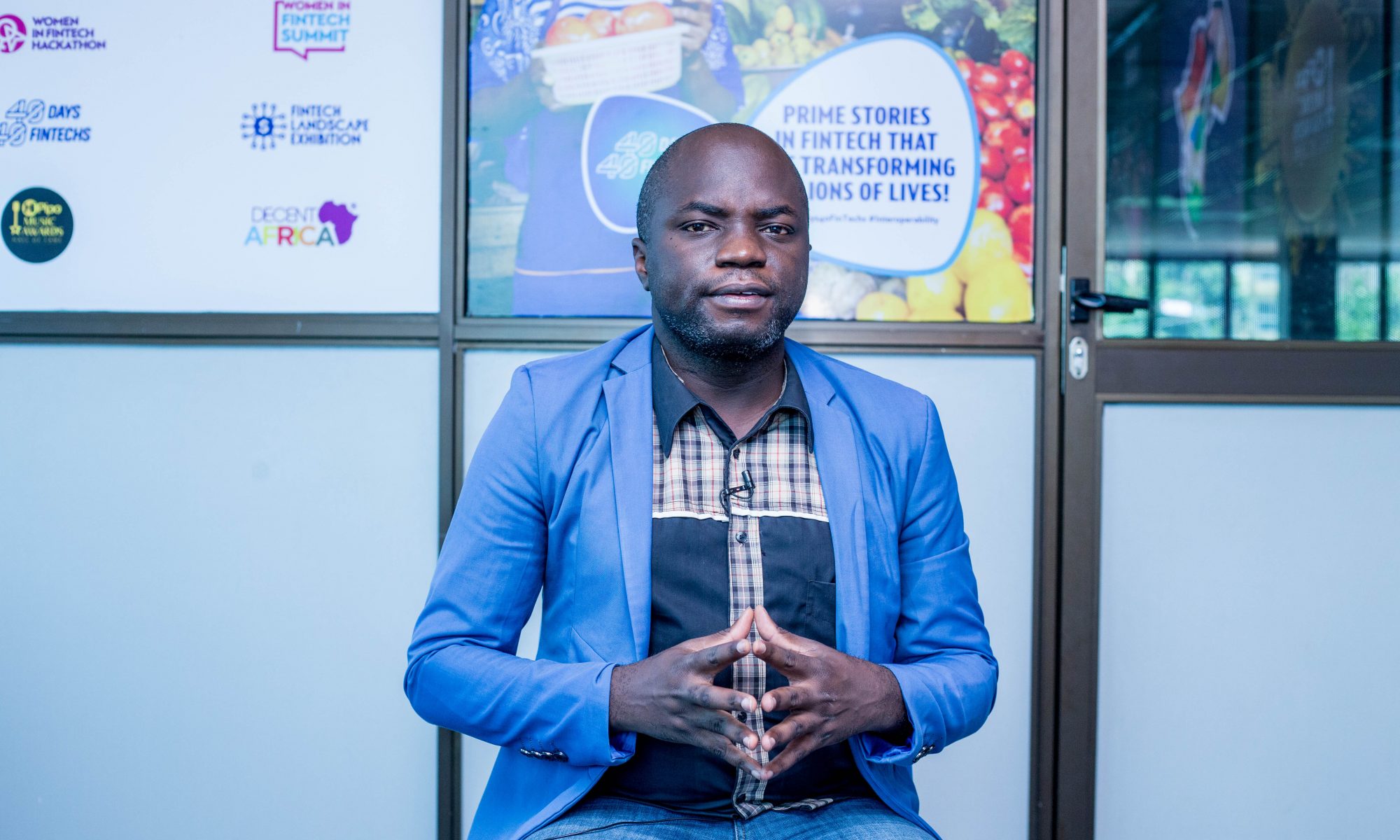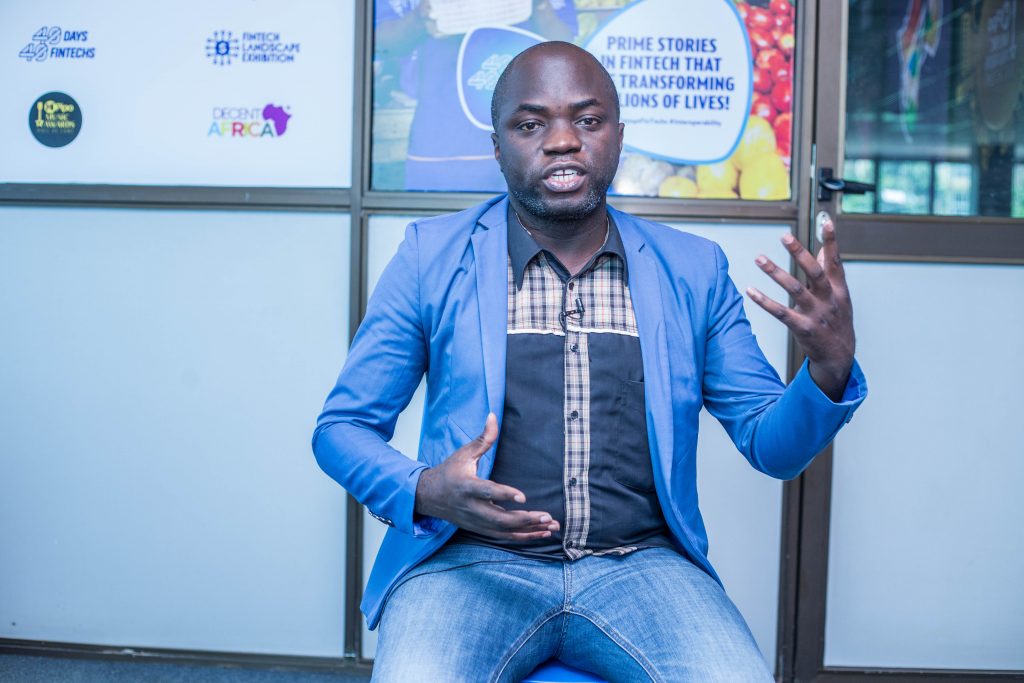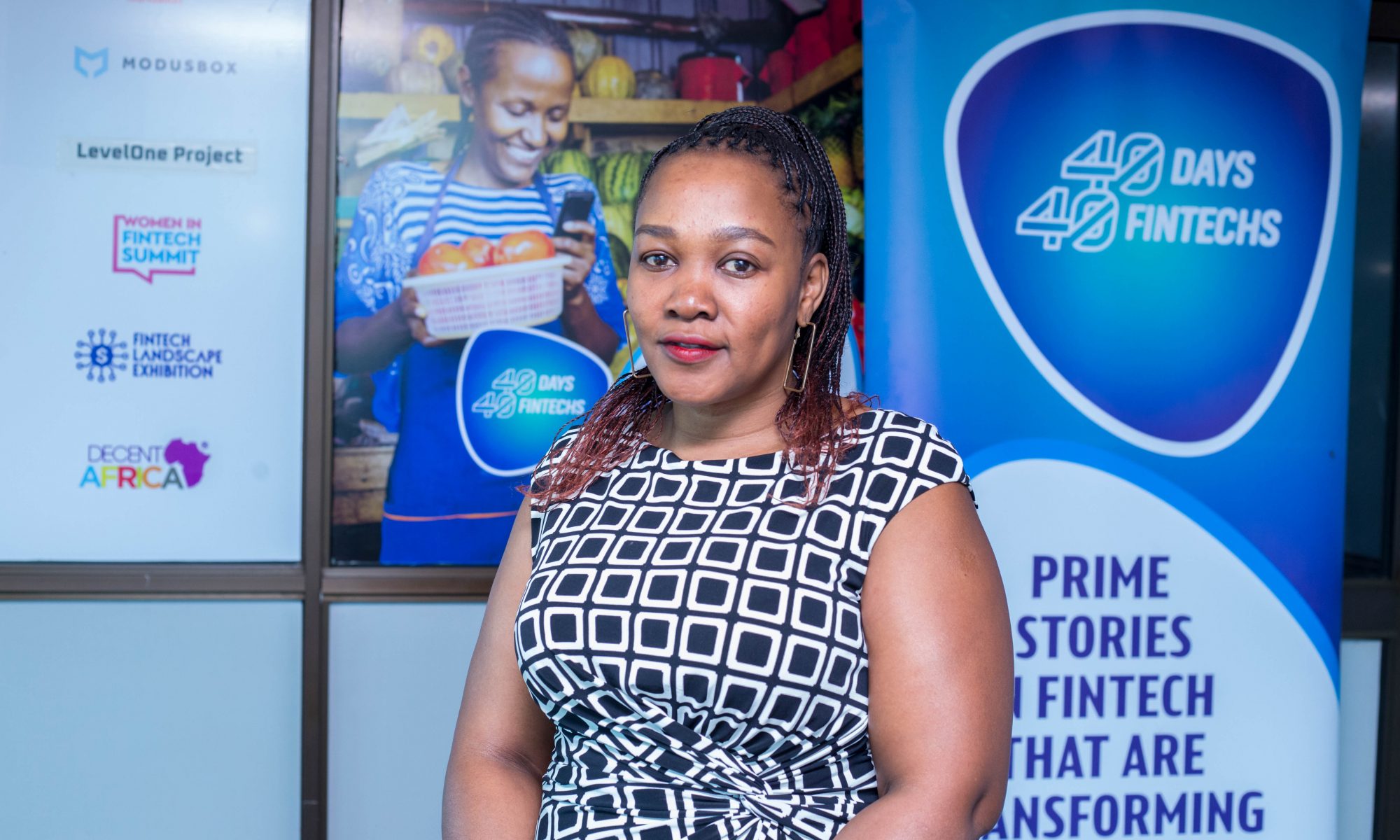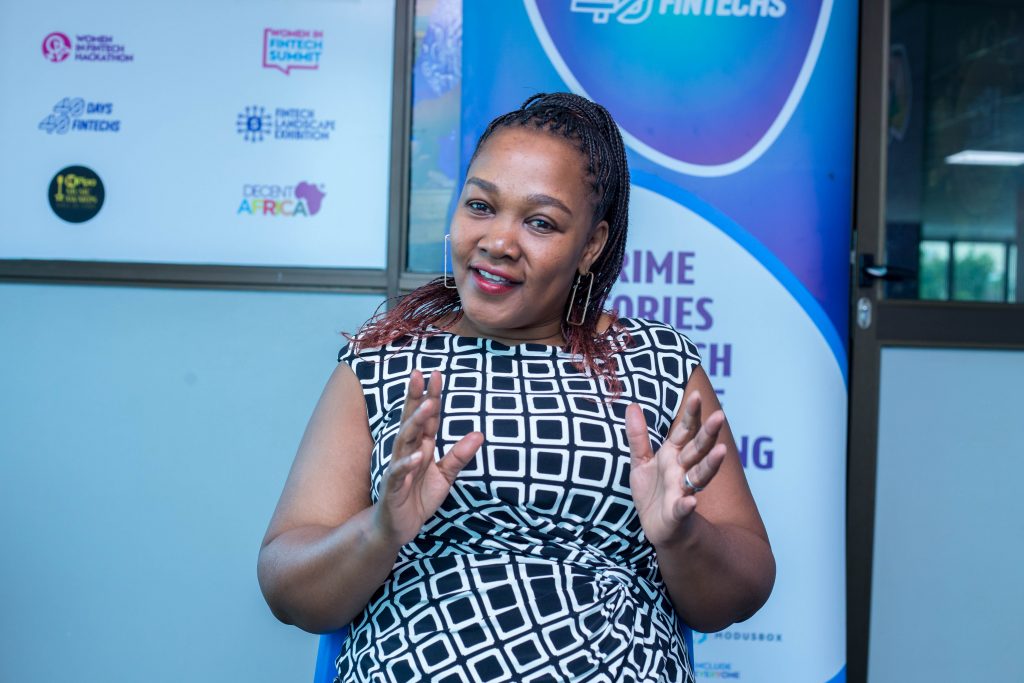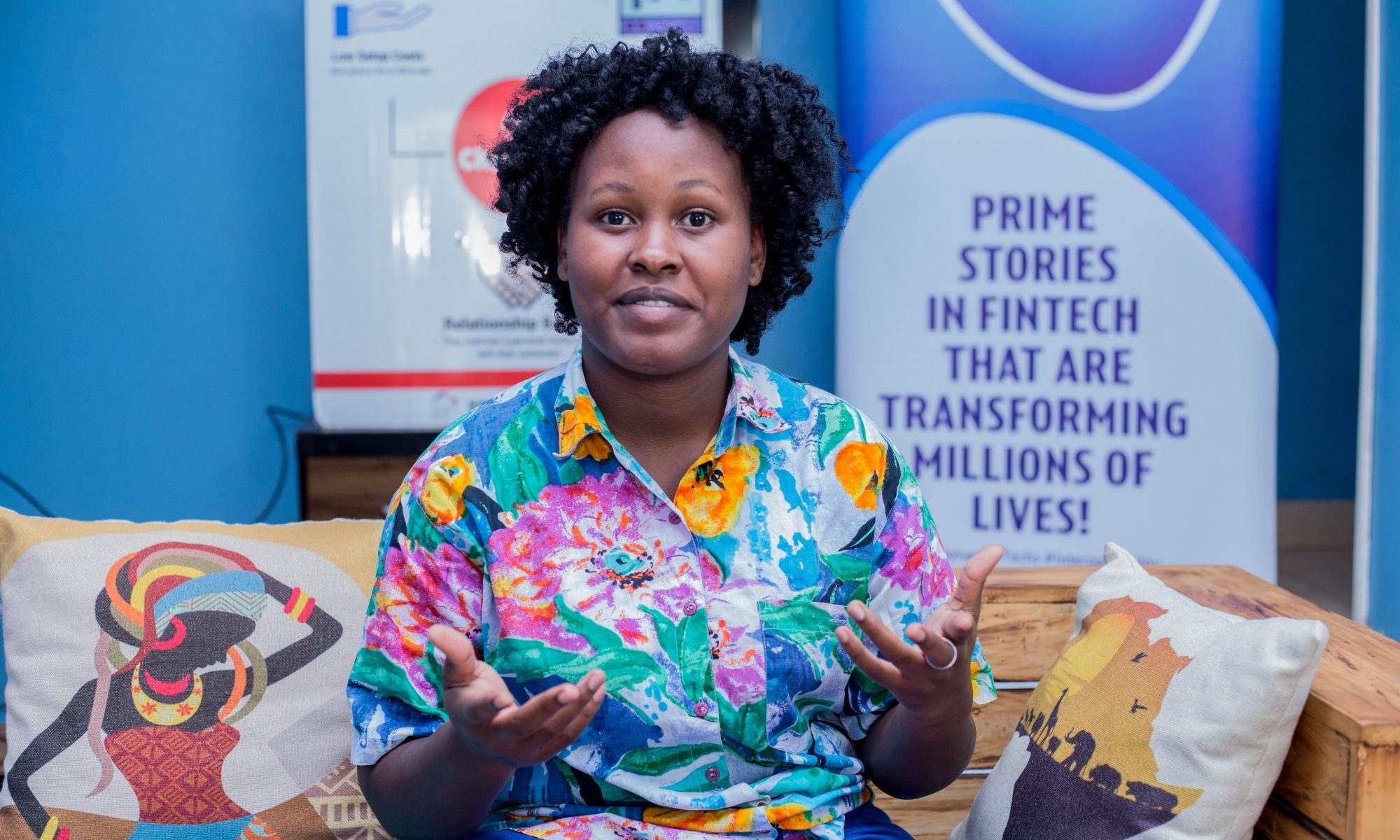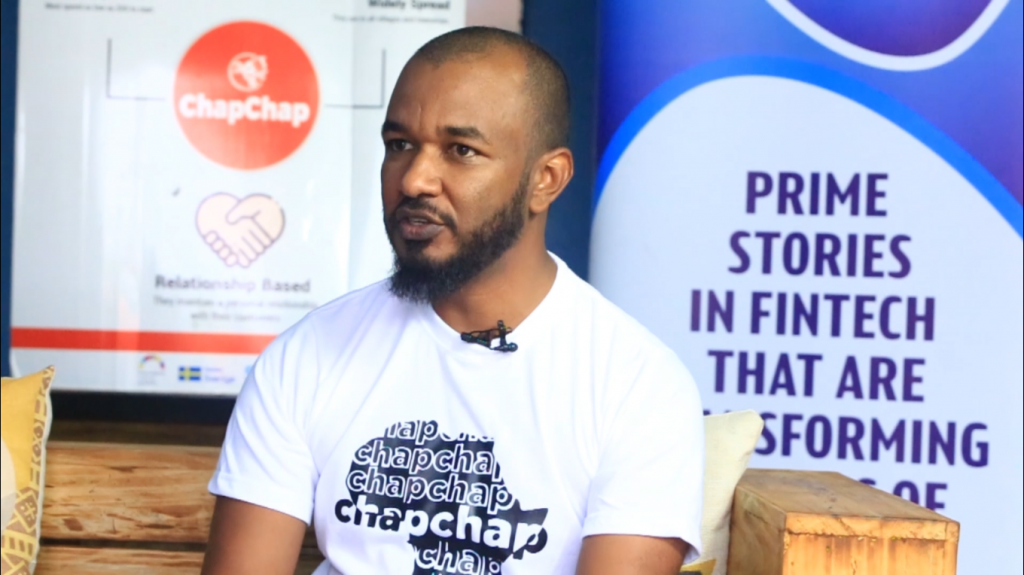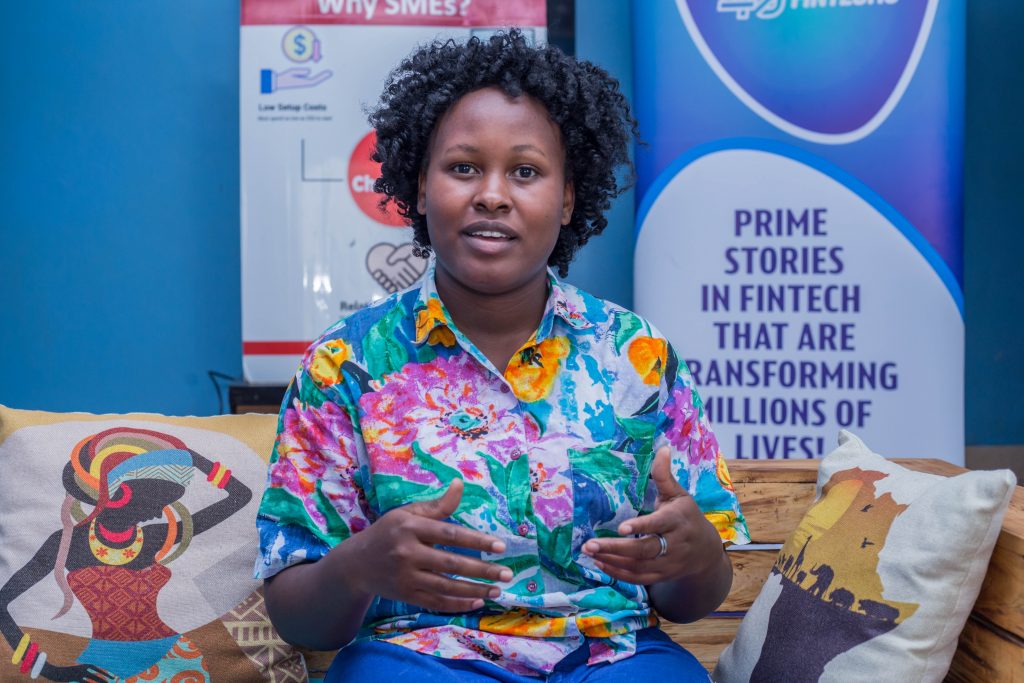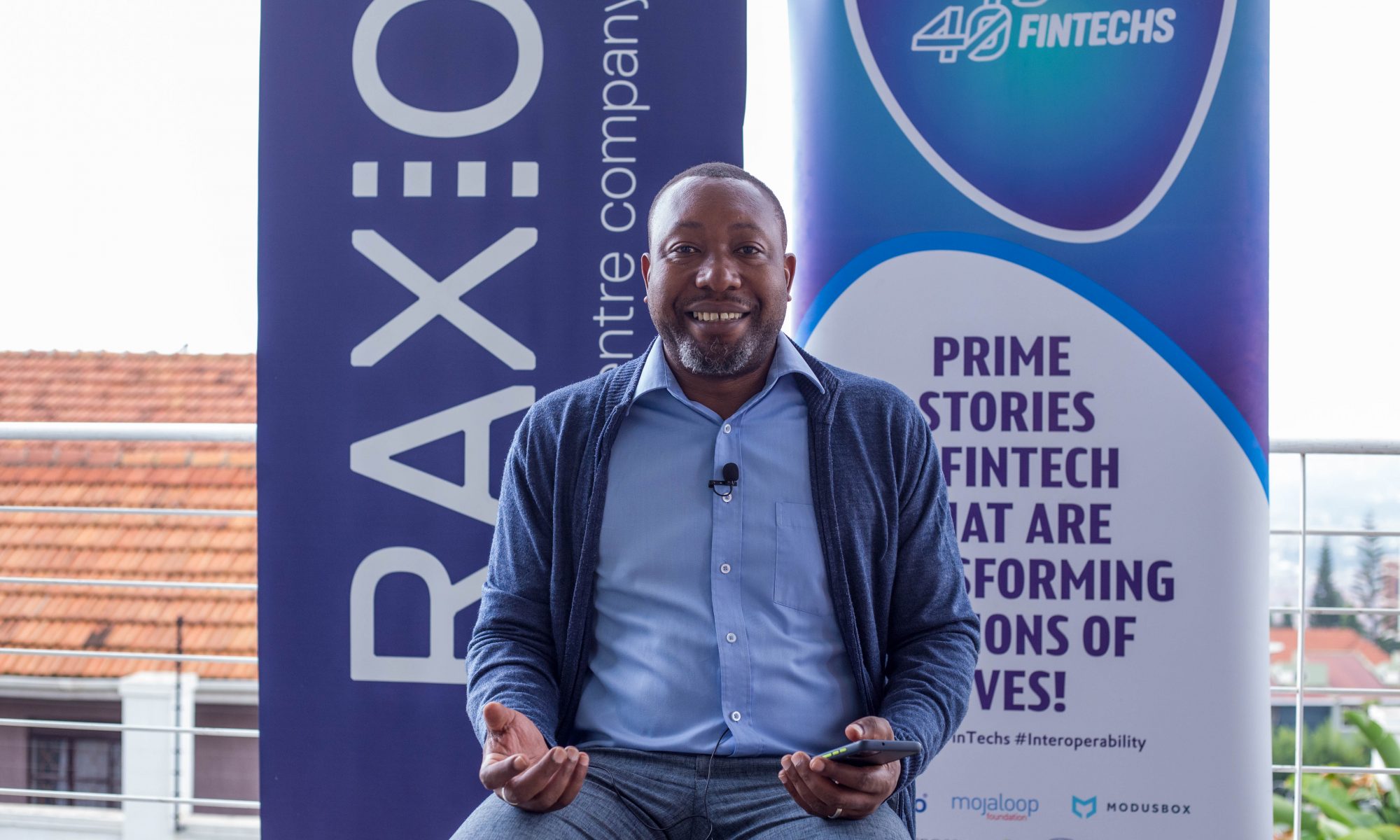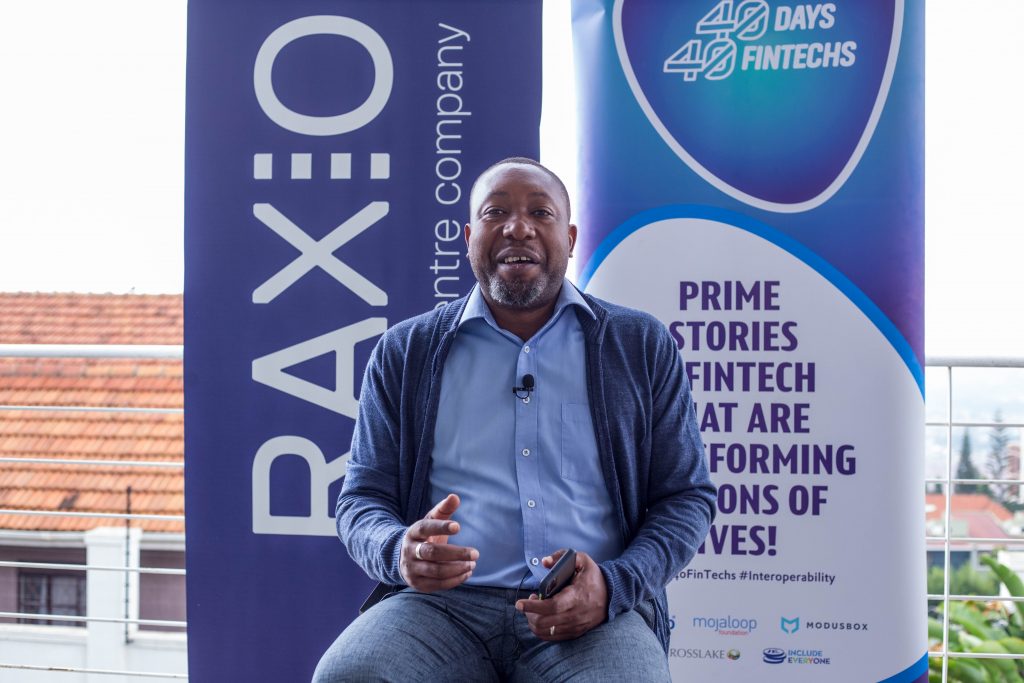By our writer.
While access to credit is what micro and small business owners need to expand their enterprises and work their way out of poverty, it is nearly impossible for them to get bank loans because they lack collateral.
Given that they employ majority of Ugandans and contribute about 30% of the country’s Gross Domestic Product, Numida, a Financial Technology Company (FinTech) sought to close this gap and help them access unsecured capital to further increase their impact on society.
Using historical behavioral data and business performance to predict risk, Numida is able to extend digital unsecured and affordable working capital loans to these businesses through a mobile Application.
According to Ana Grajales, the Numida Uganda Country Director, the loans neither require paper work nor collateral and are disbursed within two hours for first-time borrowers, and in seconds for repeat customers.
“We are working to be the first and largest mobile platform in Africa focused on offering digital, convenient and responsible financial services to semi formal African micro and small businesses. Our target is to enable at least 1 million small business owners on the continent to achieve their dreams by 2030.”
Grajales explains that unlike banks that ask for a multitude of requirements for one to access a loan, Numida only needs three things; one must own a business, have a national identity card or passport or driving permit and a mobile money number registered in their name.
The applicant is, however, required to download the Numida App, fill in the business details and upload photos. Once the loan is approved, money is sent to the applicant’s phone through mobile money.
The FinTech offers working capital loans ranging from Shs 300,000 to Shs 10 million, payable within one to six 6 months.
Grajales says Numida uses Tiered Know Your Customer (KYC), which allows customers to engage with them with minimum requirements.
“Our whole philosophy is lending to informal businesses that may not have all of the documentation or requirements needed by commercial banks,” she notes.
Same Day settlement is a core principle of Numida’s product as it gives convenient loans and services, within 24 hours while transactions are settled on a near-instantaneous basis.
Grajales notes that women business owners account for a third of Numida clients.
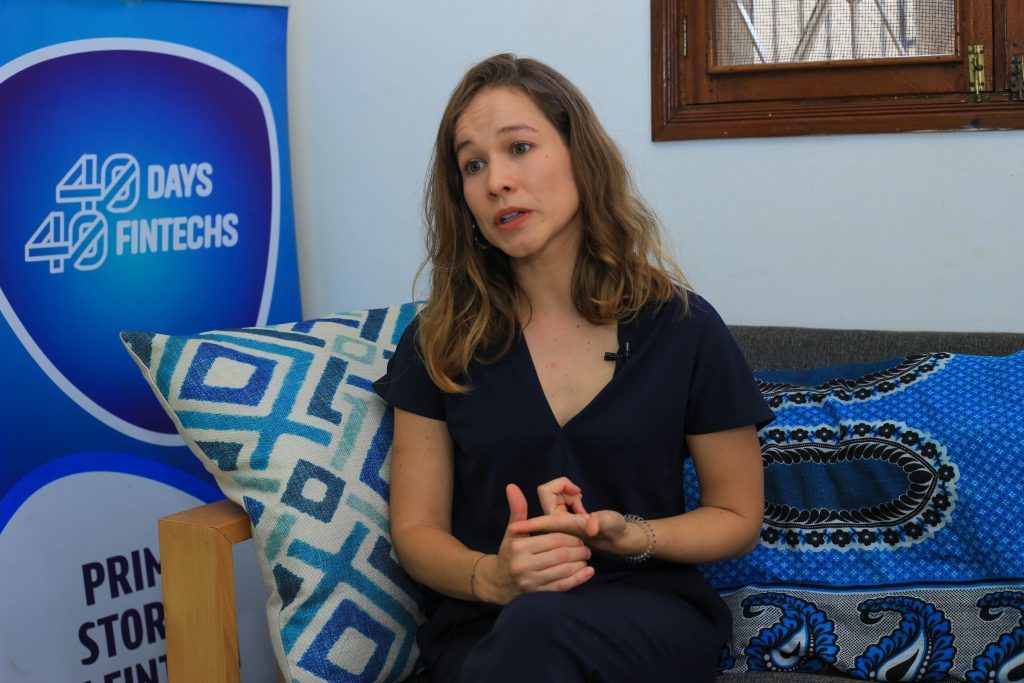
“Women are significantly less likely to access capital and are more likely to be more informal. So, lending to female-owned businesses, and building services to support them and other overlooked segments is a core part of who we are,” she says.
COVID-19
Unlike other micro-lenders, Grajales says that Numida continued operating and disbursing capital through the pandemic and has seen its portfolio growing during the period.
She notes that while they had to freeze interest, extend or wave fees for its existing customers that were negatively impacted by the effects of the pandemic, the FinTech acquired new customers and that collections remained steady.
Also important to note is that Numida is partnering with SafeBoda to rollout a capital and micro credit product for its clients.
“We are very excited to be working with SafeBoda; we are very aligned in our values and keen to support SafeBoda vendors to access financing, grow their business, and increase their loyalty and engagement with SafeBoda,” Grajales explains.
She says that Uganda’s FinTech industry is budding; pushing the envelope of what is possible.
“We have exciting startups across the financial ecosystem with the potential to make economic growth and prosperity possible to more Ugandans,” she says.
Numida is among the firms participating in the ongoing second edition of the 40-Days 40-FinTechs initiative, organized by HiPipo in partnership with Crosslake Technologies, ModusBox and Mojaloop Foundation, and sponsored by the Gates Foundation.
Grajales commends HiPipo for the 40-Days 40-FinTechs initiative, saying it showcases the diversity and innovation in Uganda’s FinTech space, adding that visibility is important in facilitating attention, creating support and nurturing potential collaboration and partnerships.
The HiPipo Chief Executive Officer Innocent Kawooya lauds Numida, saying it is playing a great role in facilitating financial inclusion, as its product is impacting hundreds of the originally financially excluded people.

